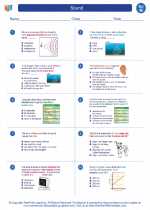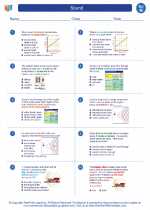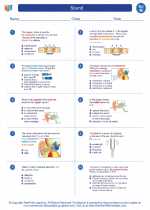What is Pediatrics?
Pediatrics is the branch of medicine that focuses on the health and medical care of infants, children, and adolescents. Pediatricians are medical doctors who specialize in providing healthcare for young patients, from birth through adolescence.
Study Guide for Pediatrics
1. Developmental Milestones
Understanding the typical physical, emotional, and cognitive development milestones for children from birth through adolescence is crucial for pediatricians. This includes knowledge of motor skills, language development, and social interactions at different stages of childhood.
2. Common Pediatric Diseases and Conditions
Studying the common diseases and conditions that affect children, such as asthma, diabetes, childhood obesity, and infectious diseases, is essential. Knowledge of symptoms, treatment options, and preventive measures for these conditions is important for pediatricians.
3. Vaccinations and Immunizations
Understanding the recommended vaccination schedules and the importance of immunizations in preventing diseases in children is a key aspect of pediatric care. Knowledge of vaccine administration, potential side effects, and vaccine-preventable diseases is critical for pediatricians.
4. Pediatric Nutrition and Growth
Learning about the nutritional needs of children at different ages, the importance of breastfeeding, introducing solid foods, and managing childhood obesity are important topics in pediatric medicine. Understanding growth charts and monitoring a child's physical development is also crucial.
5. Pediatric Emergencies and First Aid
Knowledge of pediatric emergency care, including recognizing signs of distress, performing CPR on infants and children, and managing common childhood injuries is vital for pediatricians. Understanding first aid measures for choking, burns, and other emergencies is essential.
6. Pediatric Mental Health
Understanding the psychological and emotional well-being of children, recognizing signs of mental health disorders, and addressing behavioral issues are important aspects of pediatric care. Knowledge of counseling techniques, referrals to mental health professionals, and support resources for families is crucial.
7. Ethical and Legal Aspects of Pediatric Care
Studying the ethical and legal considerations in pediatric medicine, including informed consent, confidentiality, child abuse reporting laws, and decision-making in pediatric healthcare, is essential for pediatricians. Understanding the rights of minors and the role of parents in medical decision-making is important.
By mastering these key areas of study, aspiring pediatricians can develop a strong foundation in pediatric medicine and provide comprehensive care for young patients.
.







